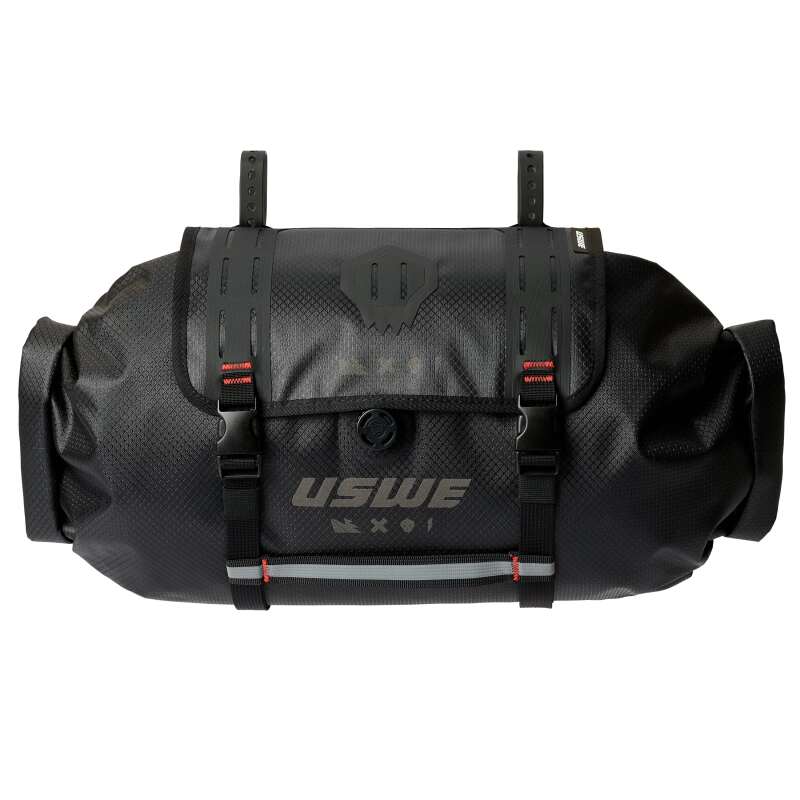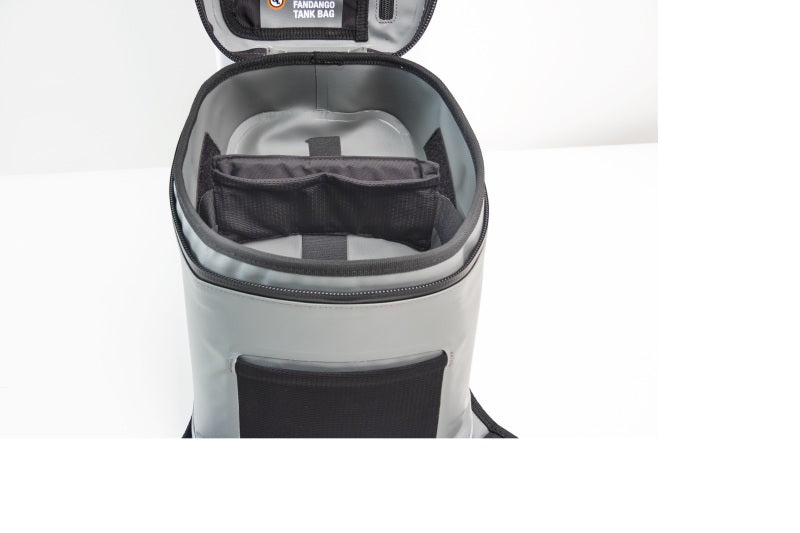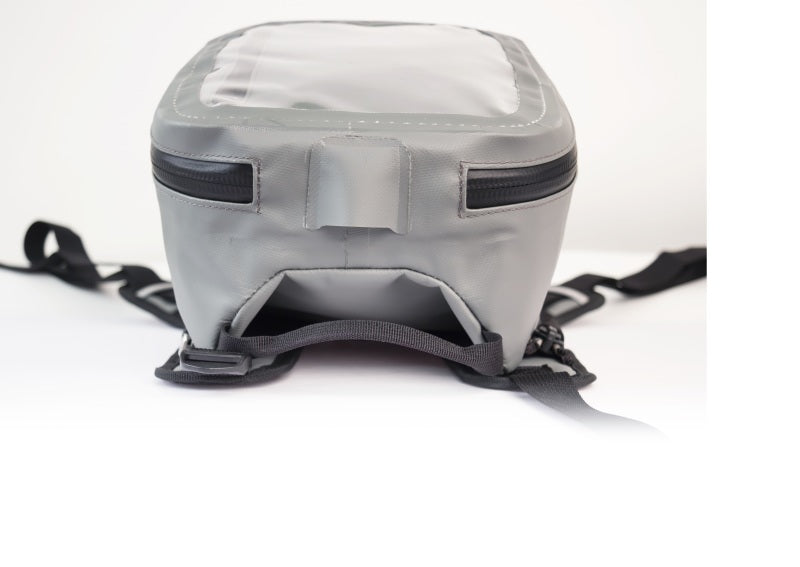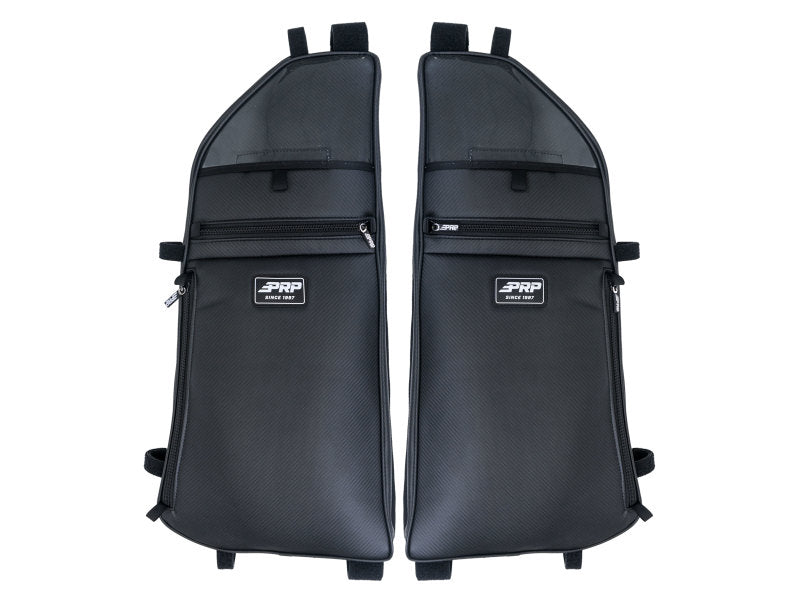Hearing noises from your brakes? First, check if the brake pads and rotors are worn out. Make sure there's enough lubrication, especially on the caliper pins. Look at the brake pads closely; if they're uneven or the edges are worn down, that could be your problem. Also, ensure the caliper pistons are working right.
It's crucial to fix any issues with your rotors to keep your brakes working well and prevent shaky rides.
Another tip is to keep your brakes clean to stop brake dust from building up. If you've driven in wet conditions, dry your brakes afterwards to avoid squeaks. If you find any problems with the calipers, such as sticky pistons or guide pins, clean and lubricate them well.
Be careful with brake pads that look shiny and smooth - this means they've gotten too hot and might not work properly. Always remember to do regular maintenance like keeping all moving parts lubricated and choosing high-quality brake components to avoid future issues.
Key Takeaways
- Regular maintenance prevents brake noise
- Check for uneven brake pad wear
- Address rotor issues promptly
- Manage brake dust buildup
- Ensure dry calipers for quiet braking
Common Causes of Brake Noise
When you hear brake noise, it's often because the brake pads and rotors are worn out. Another common reason for squeaky brakes is that they need more lubrication.
The caliper pins, which help the brake pads move, must be well-lubricated to work right. If they're not, they can stick and make the brake pads wear out unevenly, causing noise when you brake.
Also, old or poorly installed brake hardware like clips, shims, and springs can make brakes noisy. These parts are crucial for keeping the brakes stable and working correctly. By regularly checking and maintaining these parts, including making sure everything is well-lubricated and in good shape, you can keep your brakes quiet and effective.
Identifying Brake Pad Wear
When checking brake pads for wear, it's important to spot any uneven wear on the pad surfaces. This can show there might be a problem with the brakes.
Also, if you see a wear lip on the edge of the brake disc, this means the pads are wearing down unevenly and need quick attention.
If one brake pad looks more worn than others on the same wheel, this could be a sign that the caliper pistons or guide pins aren't working right and need to be looked at more closely.
Make sure to check the caliper pistons to ensure they're working properly, as issues here can cause the brake pads to wear out unevenly or make too much noise.
It's also good to check that the anti-noise features on the brake pads aren't damaged, as this could also mean there's a problem with the caliper pistons.
Knowing how to spot these signs is key to deciding if your brakes just need some maintenance or if it's time to replace them.
Addressing Rotor Issues
Taking care of rotor problems right away is super important to stop brake noise and make sure your brakes work the best they can. If brake rotors are warped or damaged, they can make your car vibrate and make noise when you brake. This not only feels uncomfortable but can also cause your brake pads to wear out unevenly and lead to other issues with how your car brakes.
It's really important to either fix or replace bad rotors quickly.
Keeping rotors smooth and well-aligned helps your car brake quietly and efficiently. If you ignore these issues, the vibrations can get worse, making it harder to brake properly and safely. By fixing or replacing your rotors when needed, you'll keep your brakes quiet and your car safe to drive.
Handling Brake Dust Buildup
Dealing with brake dust buildup helps your brakes work better and keeps your car looking nice. Here's how to handle it:
- Clean your brakes regularly: Set up a schedule to clean your brake parts often. This stops too much dust from gathering.
- Choose low-dust brake pads: These special pads make less dust, which means less mess.
- Look into new brake technologies: Some newer brakes are made to make less dust, so your wheels stay cleaner.
- Use brake dust protectors: Things like shields or special coatings can keep dust off your wheels.
- Keep your wheels looking good: Cleaning off brake dust not only helps your brakes but also keeps your wheels looking shiny.
Dealing With Moisture-Related Problems
Handling moisture problems in your brakes is key to keeping them working well and quietly. Sometimes, after it rains or you wash your car, you might hear your brakes squeak. This happens because water gets stuck between the brake pads and the rotors.
To fix this, just lightly press your brakes a few times to help dry them out and stop the squeaking. Usually, this kind of noise goes away on its own once the brakes dry fully. But if the squeaking keeps up, you should check your brakes to make sure there's no bigger issue.
Keeping your brake pads and rotors dry is really important for good brake performance and to keep things quiet. By staying on top of this, you can keep your brakes in great shape and squeak-free.
Resolving Caliper Malfunctions
To fix problems with your brake calipers, it's important to check and take care of a few things regularly. This will help your brakes work better and stop any annoying noises. Here are some easy steps to follow:
- Make sure the caliper pistons aren't stuck, as this can make your brake pads wear out unevenly and cause noise.
- Look at the guide pins on your calipers to ensure they're working right, which helps avoid uneven braking and noise.
- Clean and lubricate the caliper slides and pistons so they move smoothly and don't make noise.
- Keep an eye out for one brake pad wearing out faster than the others on the same axle. This could mean a caliper piston is stuck.
- If you notice any issues with your calipers, fix them quickly to avoid brake failure and keep your driving safe.
Understanding Glazed Brake Pads
When brake pads get too hot from being used a lot, they can turn hard and shiny, which isn't good for stopping your car. This is called glazing, and it makes your brakes work less well. If your brakes start making a high-pitched noise, it might mean they're glazed. It's really important to fix this to keep your brakes working right.
To fix glazed brake pads, you might need to smooth them out or even replace them with new ones. Smoothing out the pads gets rid of the shiny layer so they can work properly again. But if they're really bad, it's best to just get new ones.
Taking good care of your brakes and not being too hard on them can stop this from happening. That way, your car's brakes will always be ready to do their job safely.
Preventative Maintenance Tips
Keeping your brakes in good shape is super important to stop any squeaky sounds and catch problems early. Here's how you can take care of your brakes:
- Check Your Brakes Regularly: Make it a habit to have your brakes looked at often. This helps find out if the brake pads are wearing out unevenly.
- Keep Things Smooth with Lubrication: Make sure all the moving parts like caliper pins are well-oiled to keep them from making noise.
- Use Good Parts: Always choose high-quality brake pads and rotors. This cuts down on noise and prevents damage.
- Don't Wait on Repairs: If your brake pads or rotors are worn out, get them fixed right away to stop bigger problems later.
- Stop Squeaks Fast: When you hear squeaking, fix it fast to keep your brakes working well.
Frequently Asked Questions
How to Diagnose Brake Noise?
To find out why your brakes are noisy, listen for squeaking or grinding sounds when you brake. This could mean your brake pads or rotors are worn out. Check if there's a lot of dust, anything loose, or if the brakes shake. Also, see if the brake pedal feels weird, the rotors look bent, or if the brake fluid is low.
How Do You Fix Braking Sound?
To fix a noisy brake, check the brake pads for wear and change them if needed. Make sure the rotors are not warped. Clean off any brake dust, oil the parts that help the pads move smoothly, and use products that stop squeaks. Always keep your brakes well-maintained and put together correctly.
Why Does My Car Make Noise When Braking but Brakes Are Fine?
If your car is noisy when you brake but the brakes seem okay, it could be due to things like shaky rotors, rust, worn pads, dust, hot rotors, bent rotors, brake fluid issues, tires not aligned right, brake dust, or the weather.
How to Fix Caliper Noise?
To fix noise from your brake calipers, lubricate them well and check that the pads and rotors are correctly aligned. If the rotors are uneven, they may need to be smoothed out. Clean the caliper pistons, check all parts for wear, and replace any worn pads or rotors. Make sure the brake fluid is full and use clips that stop the brakes from squealing.t





